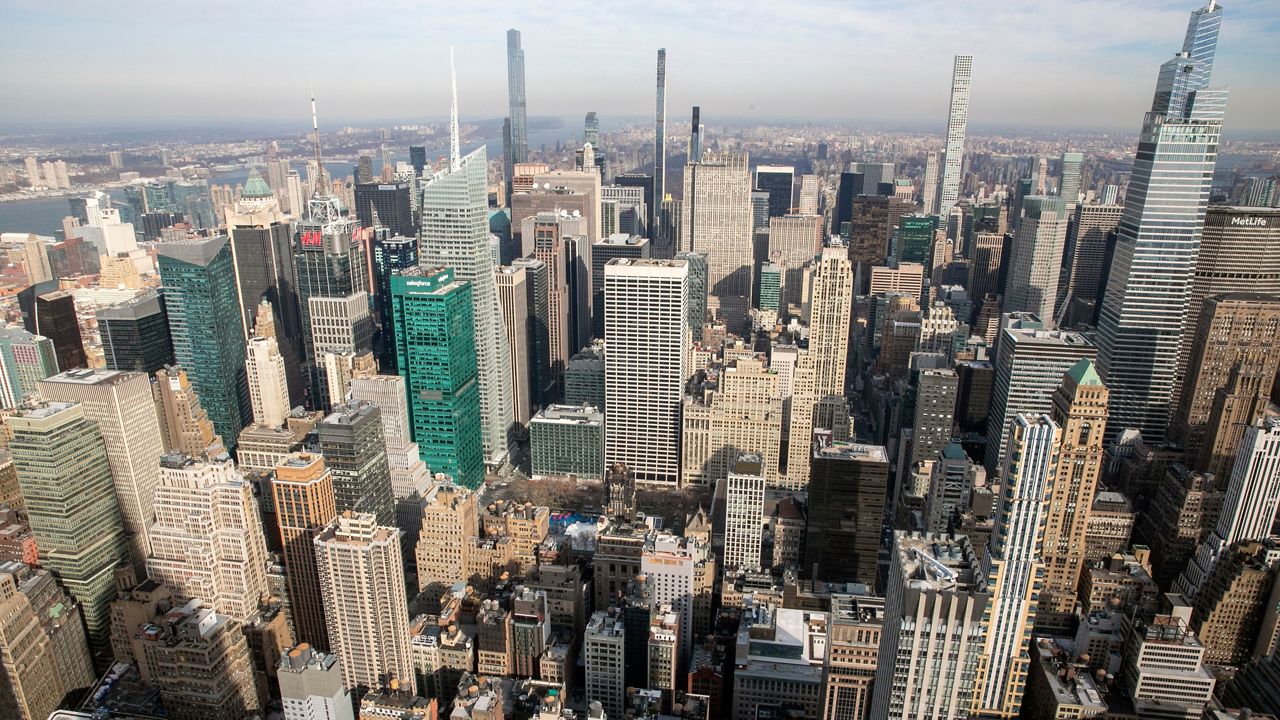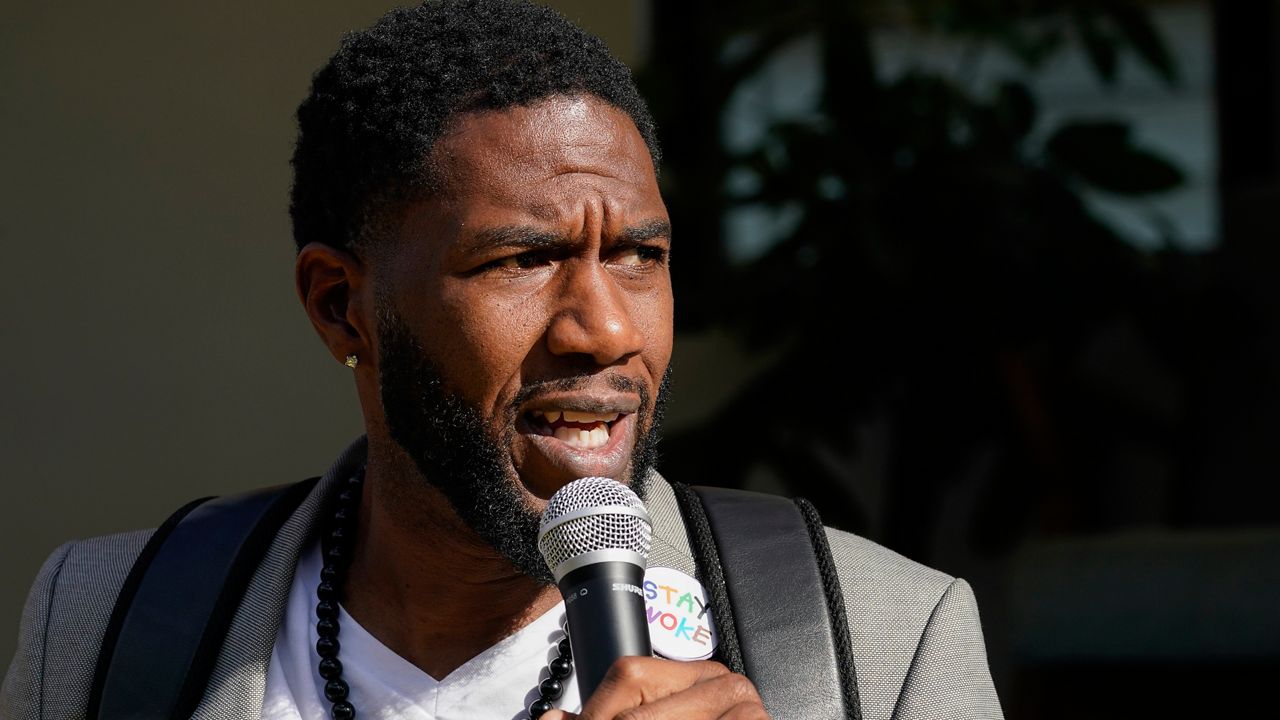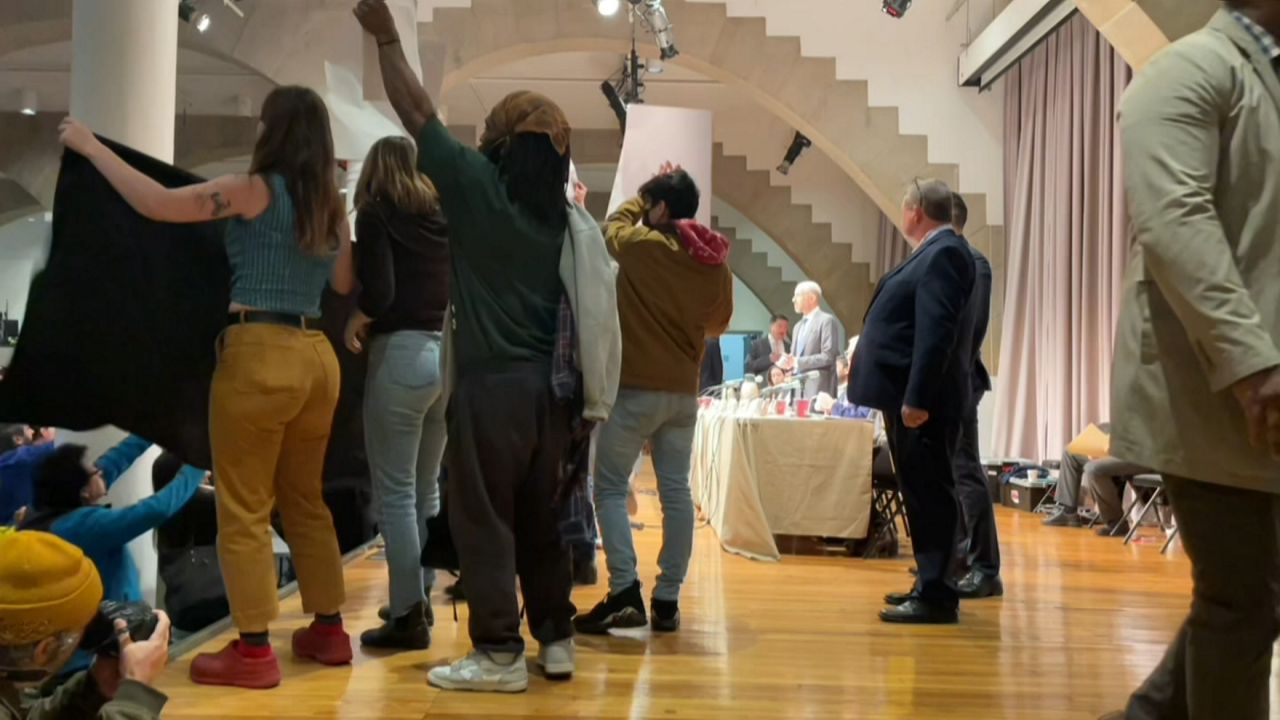The Rent Guidelines Board in a vote Wednesday evening approved increasing rent-stabilized leases in New York City.
One-year leases will increase 3%, and two-year leases will increase 2.75% for the first year and 3.2% for the second year.
The increases would impact lease renewals beginning after Oct. 1. There are more than a million rent-stabilized housing units in the city.
In a statement, Mayor Eric Adams thanked the board for “protecting tenants from unsustainable rent increases.”
He added that finding a solution for the affordable housing crisis in the city “requires building more housing.”
“That is why we continue to fight for state action on affordable housing incentives, office conversions, and other key priorities,” Mayor Adams said. “And we are using every tool in the city's toolkit to build more housing more quickly - cutting red tape, making the largest financial commitment to affordable housing in the city's history, and advancing a 'City of Yes' zoning amendment that will clear the way for new housing in every borough."
City Council Speaker Adrienne Adams, meanwhile, was critical of the increase, saying city tenants “increasingly struggle to make ends meet.”
“This will harm our communities, deepen the lack of affordability, and make it even more difficult for New Yorkers to remain in their homes and work in the city they love,” she said in a statement. “While we need action on housing at the state level, there are steps the city should be taking to address evictions, homelessness, and housing on its own.”
The speaker also called on the mayor “to join the Council in supporting housing investments being added to the budget.”
While landlords argue that the increases are necessary to keep up with rising costs, tenants have expressed concerns that such hikes will further displace New Yorkers from their homes.
Michael Tobman, of the Rent Stabilization Association — which represents roughly 25,000 property owners in the city — appeared on "Mornings On 1" ahead of the vote to emphasize that landlords are also grappling with escalating expenses.
"Rent is income for buildings, and when that income falls short of ever-escalating costs, the entire affordable housing economy in New York is put at risk," he said.
He noted that some tenants can afford increases needed to properly maintain buildings, and assistance can be found for those who cannot.
"For tenants in distress, there are government programs that they should be connected with and serve a very important service. There are no similar programs for owners, whose buildings are becoming insolvent," he said.
Leah Goodridge, managing attorney for housing policy at the nonprofit Mobilization for Justice, countered Tobman's argument, rejecting comparisons between the challenges faced by tenants and landlords.
"It's difficult to compare the plight of tenants, who at this point, many are facing homelessness in New York City, with another plight of someone trying to manage a business and making a profit," she said.
Goodridge said he hopes the RGB takes into consideration that the affordability crisis affects a significant portion of the population.
"Half of New Yorkers can't afford to comfortably live here, that's what was found in a report by the [Fund for New York City], and it's something that I think most New Yorkers know," she said.








